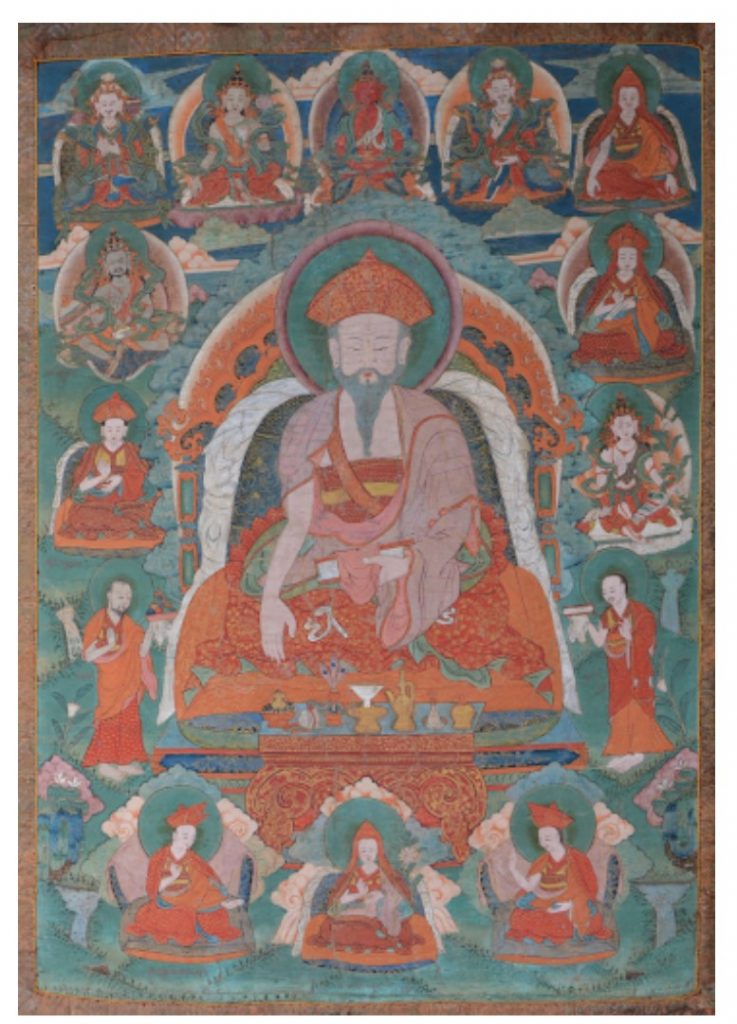
Coinciding With Zhabdrung Kuchoe: Announcing Bhutan’s Zhabdrung‑Themed NFT Project
Every year, Bhutan pauses on Zhabdrung Kuchoe, the 10th day of the fourth lunar month, to honour Zhabdrung Ngawang Namgyal, the visionary who unified the nation and shaped its spiritual identity. In that same spirit of reverence and renewal, the Department of Culture and Dzongkha Development (DCDD), Ministry of Home Affairs, Druk Holding & Investments’ InnoTech Department (DHI), and the Government Technology Agency (GovTech) are proud to announce the upcoming Bhutan NFT Project, whose inaugural collection is devoted to the life and legacy of Zhabdrung himself.
Preserving Heritage Through Innovation
This project transforms sacred artifacts and textiles into high‑fidelity, government‑endorsed Non‑Fungible Tokens (NFTs)—creating immutable digital archives while opening Bhutan’s cultural treasures to the world. Proceeds will fund ongoing artifact digitisation, heritage‑site restoration, and community art programmes, ensuring the initiative remains both culturally and financially sustainable.
Launch Collection: Zhabdrung Phunsum Tshogpa Thangka
At the heart of the first drop is an extraordinary 18th‑century thangka depicting Zhabdrung Ngawang Namgyal. Digitised during a recent hackathon led by the Museum Division (DCDD) and GovTech, this masterpiece symbolises Bhutanese unity, faith, and resilience—values echoed by the NFT project’s fusion of tradition with blockchain.
What’s Next?
- Detailed roadmap & drop dates will be published on the official websites/social media soon.
Preserve the past. Empower the present. Inspire the future.On this Zhabdrung Kuchoe, become a custodian of Bhutan’s heritage by joining us on the blockchain frontier.